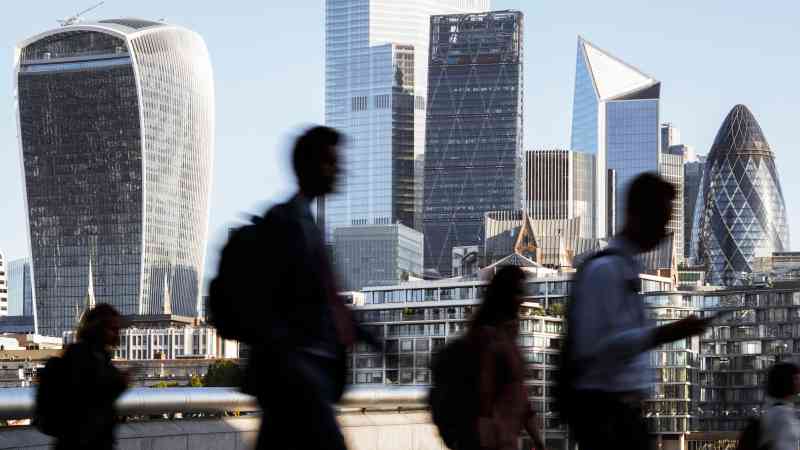Income tax receipts hit highest July figure in 16 years
Income tax receipts climbed to £32.7 billion in July, the highest figure for that month since comparable records began in 2008, according to new official data.
The figure underscores the government’s reliance on income generated from freezing a range of tax thresholds for several years.
In March 2021, Rishi Sunak, then chancellor, froze income tax and national insurance bands, subjecting workers to higher tax rates after they received a pay increase, a process known as “fiscal drag”. The freeze was extended by Jeremy Hunt when he was chancellor.
In the year to July, income tax receipts totalled £281 billion, up by £20.7 billion, or 8 per cent, compared with the same period last year, according to an analysis of HM Revenue & Customs data.
The Labour government has not signalled that it will increase the threshold at which respective rates of income tax and national insurance kick in. However, Rachel Reeves, the chancellor, has ruled out lifting the headline rates of income tax, national insurance and VAT.
The ratio of all tax income to gross domestic product — a measure known as the tax burden — is on course to climb to its highest point in seven decades. Reeves is thought to be considering tweaks to capital gains and inheritance tax at her first budget on October 30.
A period of high wage inflation sparked by workers receiving pay increases to offset rising living costs has dramatically increased the tax take from fiscal drag.
According to the Office for Budget Responsibility’s economic forecast in November 2023, the policy would amount to an effective £44.6 billion tax rise over the course of its lifetime and generate £13.6 billion more in revenues compared with its previous estimate.
The spending watchdog also said the policy would result in nearly four million more people paying income tax, three million moving to the higher rate and 400,000 more on to the additional rate.
Currently the first £12,570 of earnings are shielded from income tax, with anything earned up to £50,270 beyond that point taxed at 20 per cent. A 40 per cent charge is then levied on pay from that point up to £125,140 and a 45 per cent levy on any pay above that level.




Post Comment